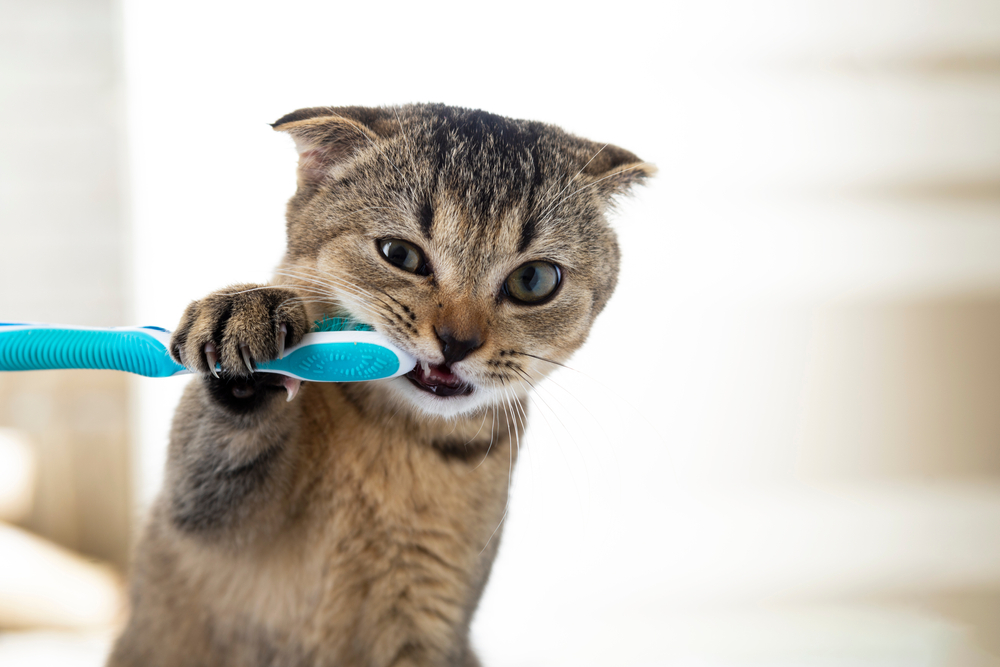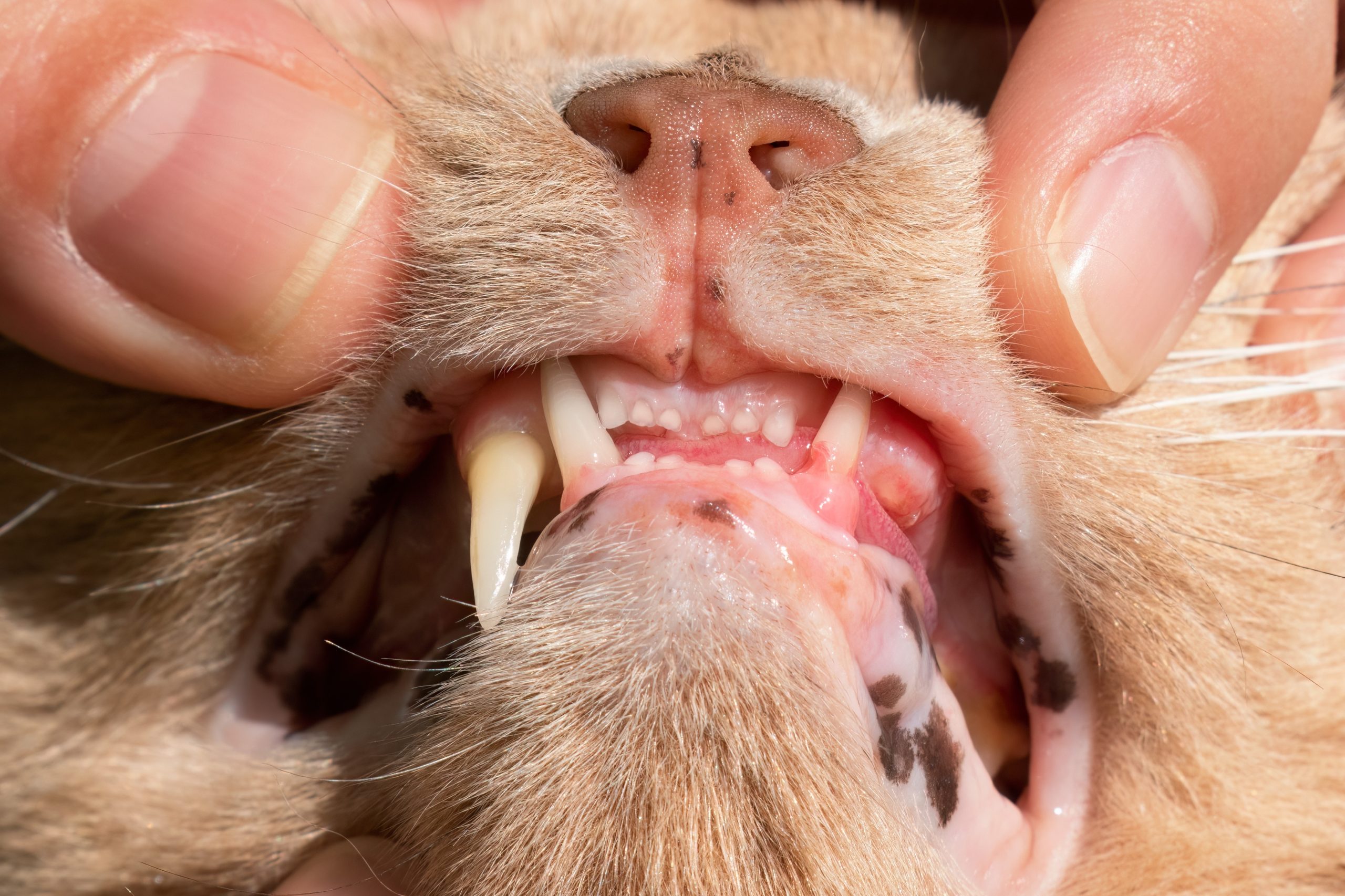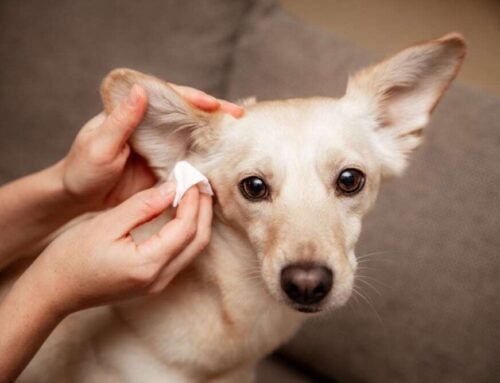Dental health is a critical aspect of your cat’s overall well-being, yet cats will often hide their discomfort until serious issues arise. One common but painful condition that affects cats is known as resorptive lesions, also referred to as feline odontoclastic resorptive lesions (FORL) or tooth resorption. These lesions can significantly impact a cat’s quality of life, making early detection and treatment essential. Animal Medical Hospital of Naples is dedicated to helping cat owners understand and manage this condition to ensure their pets lead comfortable and healthy lives.
What are Resorptive Lesions?
Resorptive lesions in cats occur when the body inexplicably begins to break down and absorb the tooth structures, including the enamel, dentin, and sometimes even the root itself. The exact cause of these lesions remains unknown, although several factors may contribute, such as genetic predisposition, dietary deficiencies, viral infections, and underlying periodontal disease.
Recognizing the Signs
Detecting resorptive lesions early can be challenging as cats often hide their discomfort. However, there are several signs that cat owners might notice, which could indicate the presence of this painful condition. These include changes in eating habits like difficulty chewing or dropping food, reluctance to eat dry food, excessive drooling, pawing at the mouth, and bleeding from the gums. In more advanced stages, visible lesions on the teeth may be evident. Regular dental check-ups are crucial for early detection and management of resorptive lesions.
Diagnosis and Treatment Options
At Animal Medical Hospital of Naples, diagnosing resorptive lesions typically involves a thorough oral examination and dental X-rays, which help assess the extent of damage to the teeth and roots. Treatment often depends on the severity and location of the lesion(s) but generally includes either extraction of the affected tooth or, in cases where extraction is not feasible, crown amputation. Additionally, we pay special attention managing your cat’s pain to ensure their comfort.
Preventing Resorptive Lesions

While it’s not always possible to prevent resorptive lesions due to their unclear causes, there are steps owners can take to minimize risks. Regular at-home dental care, including brushing and the use of dental treats, annual exams to assess the teeth and dental cleanings as recommended all play a crucial role. Feeding a high-quality, balanced diet and addressing any signs of dental problems promptly are also key preventive measures.
No One Likes Tooth Pain
Proactive dental care is vital for maintaining your cat’s health and well-being. Resorptive lesions, though common, can severely affect your cat’s quality of life if left untreated. We at Animal Medical Hospital of Naples encourage all cat owners to remain vigilant for signs of dental distress and to schedule regular exams so we can assess their mouth regularly. Early detection and treatment are your best tools in managing this painful condition. To make an appointment or learn more, please visit our contact page here.






Leave A Comment